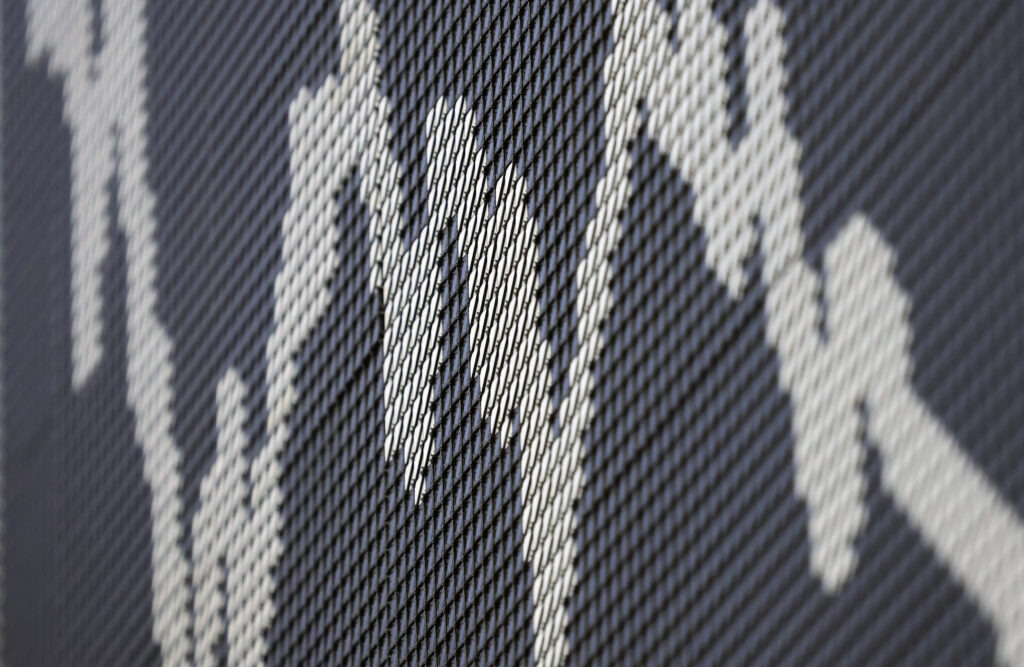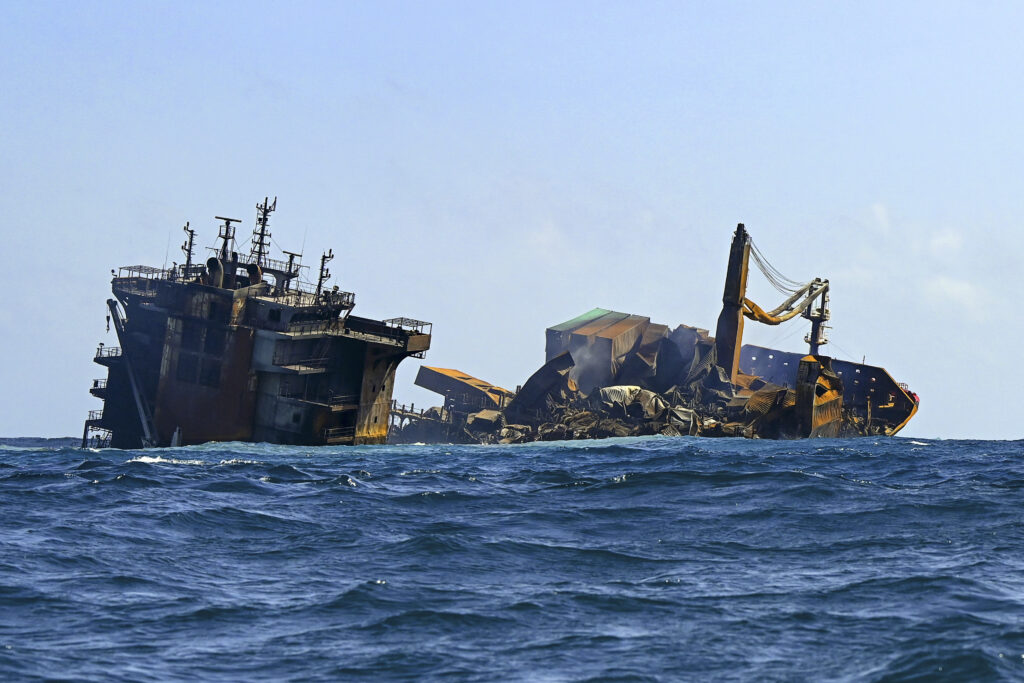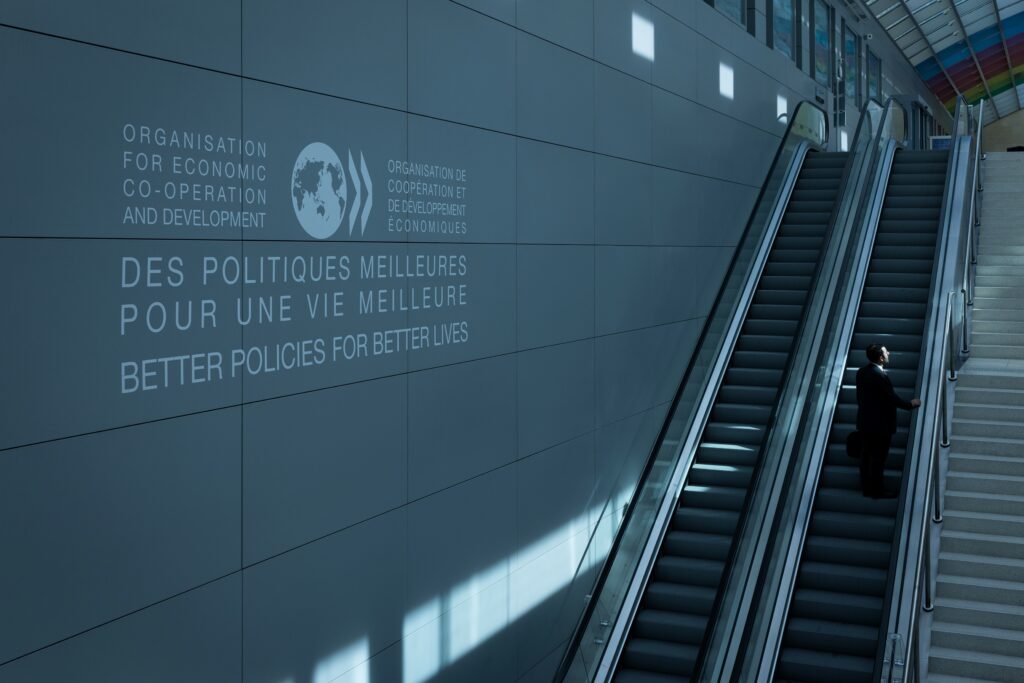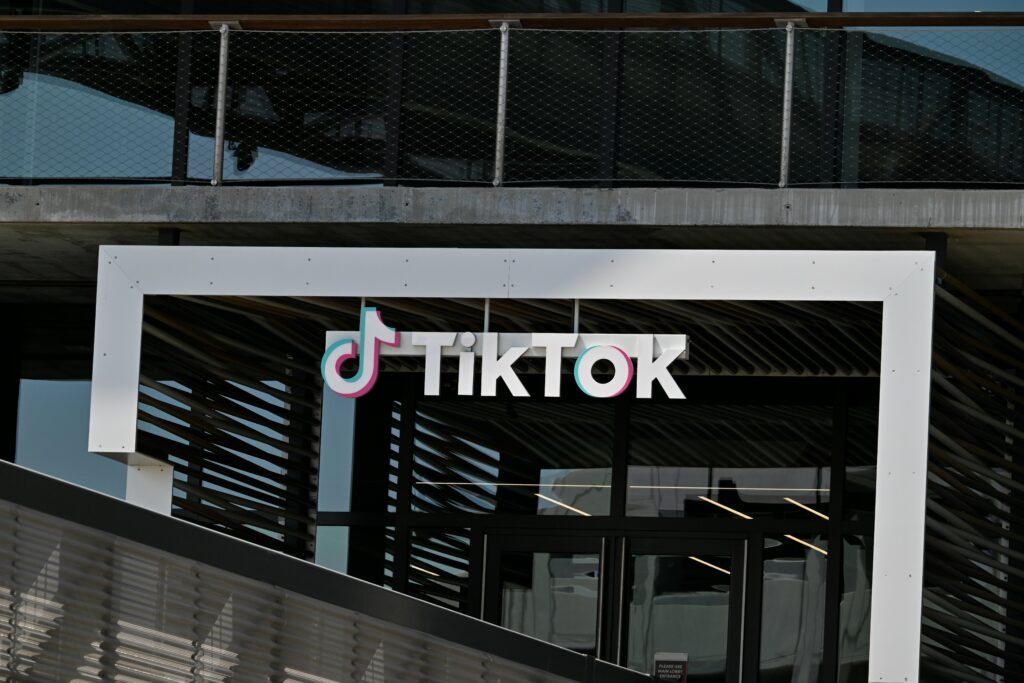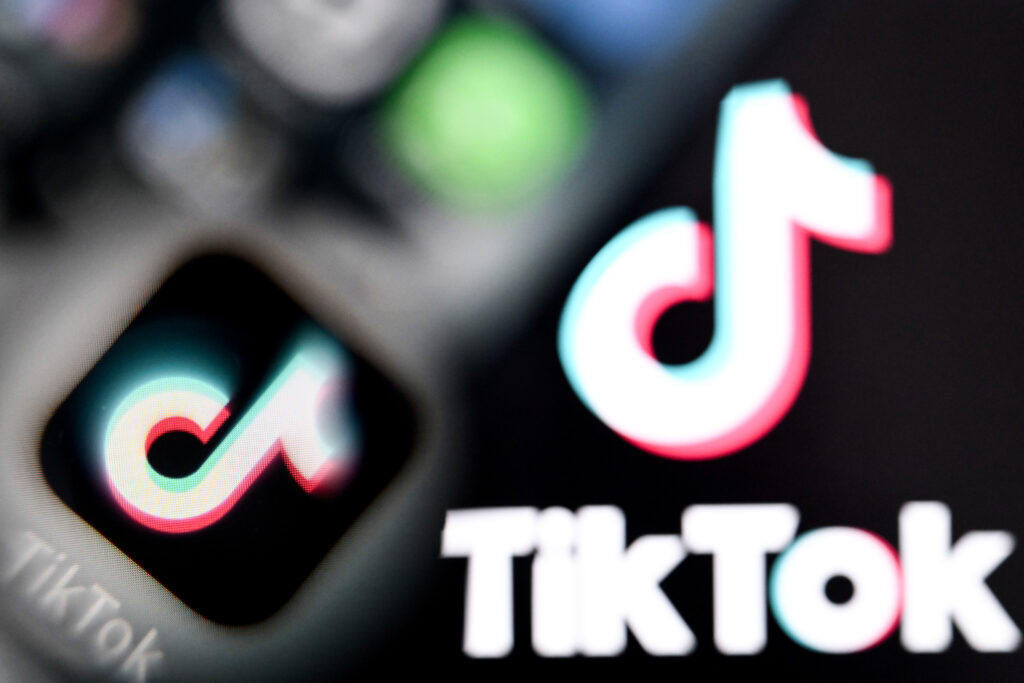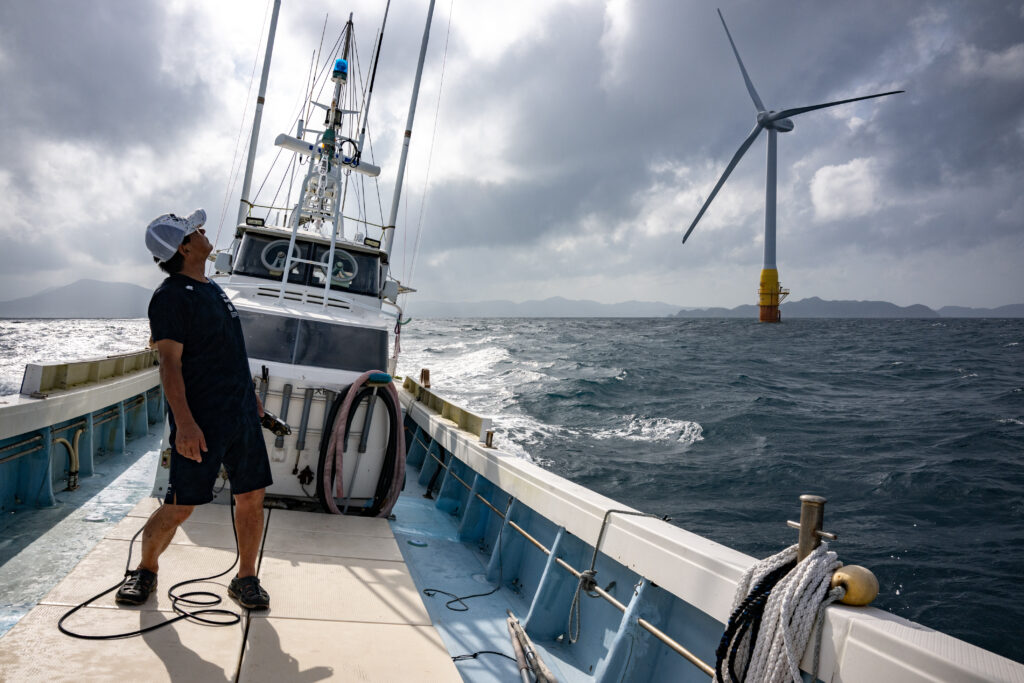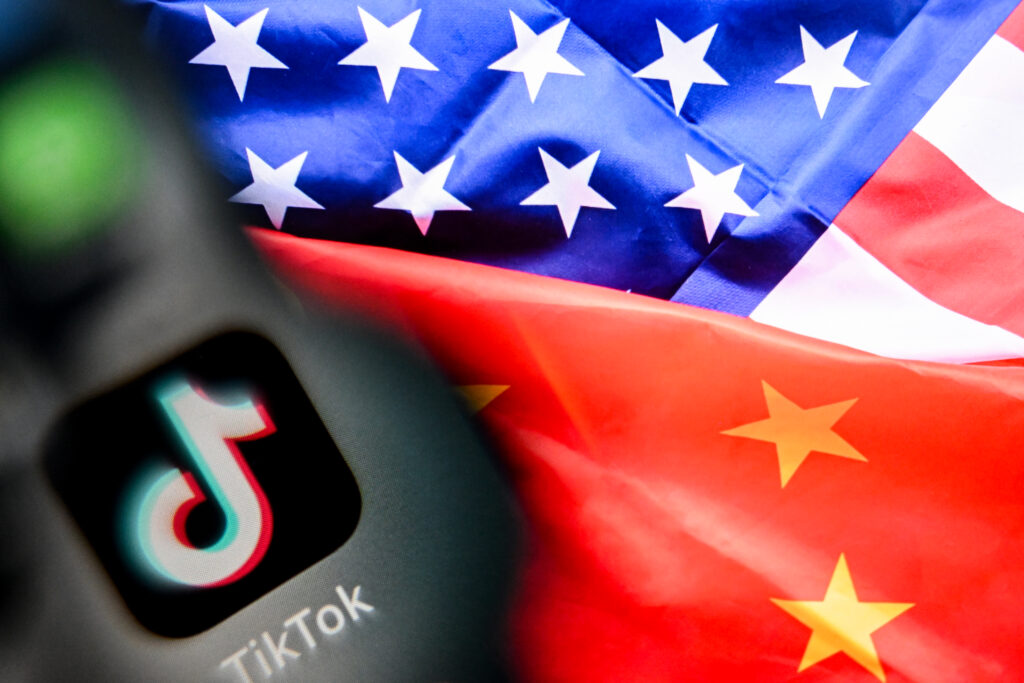Stocks diverge with eyes on key economic data
Stock markets diverged Tuesday as traders monitored key economic indicators, with US inflation data due later this week that could influence Federal Reserve policy.Paris, Frankfurt and London equities rose as investors digested purchasing managers’ index (PMI) data — a closely watched gauge of economic health. The index showed eurozone business activity hit a 16-month high in September, partly driven by solid growth in Germany, while France weighed on performance.Britain’s reading came in below expectations, suggesting the economy is losing momentum, analysts noted.Gold pushed to another all-time high and the dollar steadied. Oil prices rose around one percent after the OECD on Tuesday raised its forecast for world economic growth this year. In focus is Friday’s report on US personal consumption expenditures, the Federal Reserve’s preferred measure of inflation. Markets expect two further interest rate cuts by the Fed by the end of the year as officials aim to shore up the stuttering labour market despite elevated inflation. With trade subdued by a holiday in Japan and an approaching typhoon in Hong Kong, Asian markets mostly drifted.Hong Kong and Shanghai both closed lower. Taipei jumped more than one percent, with chip titan TSMC soaring over three percent as it tracked US counterpart Nvidia, which announced a $100 billion investment in OpenAI for next-generation artificial intelligence.A rise in tech giants helped lift major Wall Street indices to fresh highs on Monday.However, there are growing worries that the surge may have gone too far and markets are due a pullback with eyes on a possible government shutdown in Washington.”Equity indices are soaring even as the real (US) economy shows signs of strain,” said Matt Britzman, senior equity analyst at Hargreaves Lansdown.”For now, optimism around AI-driven growth and record levels of investment is keeping momentum alive, but the balancing act is precarious,” he added.Elsewhere, investors will keep an eye on an expected meeting between US President Donald Trump and his Argentine counterpart Javier Milei at the UN General Assembly. The US Treasury said Monday it stood ready to “do what is needed” to support Argentina’s economy, which has faced a plunge in the peso, stocks and bonds. Financial markets have been rattled by recent provincial election defeats for Milei’s party. – Key figures at around 1040 GMT -London – FTSE 100: UP 0.1 percent at 9,231.35 pointsParis – CAC 40: UP 0.6 percent at 7,879.24 Frankfurt – DAX: UP 0.2 percent at 23,575.63Hong Kong – Hang Seng Index: DOWN 0.7 percent at 26,159.12 (close)Shanghai – Composite: DOWN 0.2 percent at 3,821.83 (close)Tokyo – Nikkei 225: Closed for a holidayNew York – Dow: UP 0.1 percent at 46,381.54 (close)Euro/dollar: DOWN at $1.1792 from $1.1799 on MondayPound/dollar: DOWN at $1.3501 from $1.3515Dollar/yen: DOWN at 147.76 yen from 147.87 yenEuro/pound: UP at 87.34 pence from 87.30 penceWest Texas Intermediate: UP 1.2 percent at $63.03 per barrelBrent North Sea Crude: UP 1.1 percent at $67.27 per barrel
